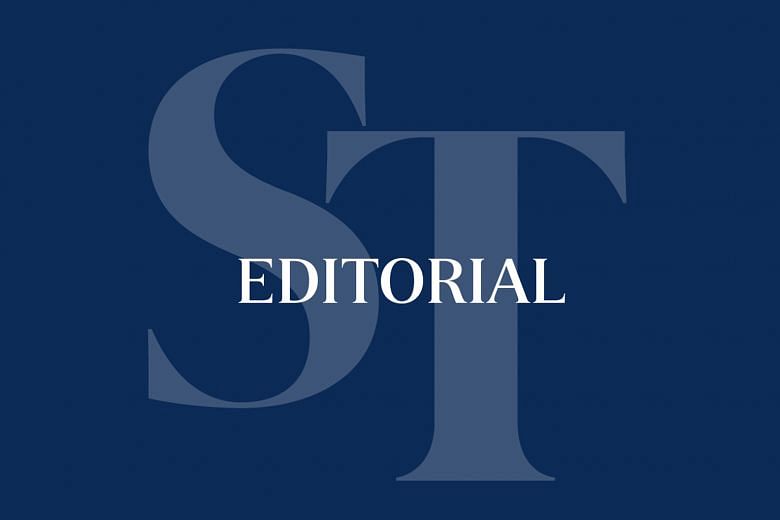For subscribers
The Straits Times says
Thinking ahead about food security plans
Sign up now: Get ST's newsletters delivered to your inbox

Russia's invasion of Ukraine is impacting not just the parties directly involved in the conflict - both of which are major grain producers - but also nations distant from Europe. While the energy shock from the crisis has been felt significantly, the impact on global food prices is the next big worry since Ukraine and Russia together account for about 23 per cent of global wheat exports of 207 million tonnes, according to the United States Department of Agriculture's forecasts for the 2021-22 marketing year. While prices had begun to tighten after the Ukrainians ran a successful marketing campaign, the big worry now is that disruptions from the war and diversion of supply could fuel a shortage in key markets.
The United Nations has warned that global food costs, already at record levels after a 40 per cent surge in two years, could rise another fifth or more as the conflict stifles trade and impacts future harvests. To add to global woes, Russia also happens to be a major producer of fertilisers and has said it would prioritise "friendly nations" when considering supplies, and that catering to its domestic market would take priority. Since price rises, particularly food inflation, are a major source of public unrest, this has led several governments to take pre-emptive measures to safeguard supplies and hold down prices. For instance, Indonesia has joined Argentina to place barriers on agricultural exports.


